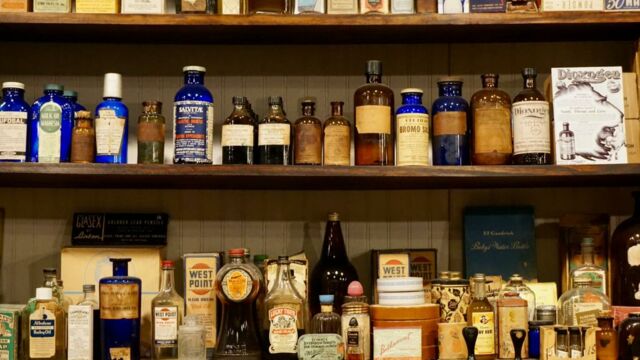3 types of medicines you should never mix with alcohol

Mixing alcohol and medicines is never a good idea, yet people often tend to experiment with it. This article should get you to stop doing it.
You probably have read ‘Do not drink alcoholic beverages while taking this medication’, over some medicines. While it may look like a precautionary measure, the label doesn't lie. Not only does mixing alcohol with medicines hamper the effectiveness of the medicines, but in some cases, it is also a lethal combination. The combination often leads to overdose, serious health conditions, long-term organ damage and even deaths. Here are three common types of medication you should totally avoid taking alcohol with:
Discover our latest podcast

Antibiotics
Probably the combination we all already know about. Mixing antibiotics with alcohol is always a bad idea. Alcohol affects the ability of the antibiotic medication to work properly, making it less effective in treating the ailment. It can cause sudden changes in blood pressure, headaches, flushing, liver damage and rapid heartbeat. Moreover, it can cause stomach upset, dizziness and drowsiness. This also stands true for any allergy, cold, flu or cough medicines that you take.
Over-the-Counter (OTC) pain killers
While it’s not healthy to mix alcohol with any medication, OTC painkillers, in particular, have severe side effects. If you drink alcohol while taking any of the over-the-counter painkiller medications, you may become drowsy and increase your risk of experiencing other adverse effects, such as nausea. Some combinations of alcohol with painkillers include risks of seizure, drowsiness, memory loss, breathing issues or liver damage.
More under this adMore under this ad
Antidepressants
Never mix alcohol with Antidepressants because it is likely to make things much worse. If you’re being treated for depression or any other mental health condition like bipolar disorder, anxiety disorder, or post-traumatic stress disorder, you need to limit or avoid alcohol. Antidepressants with alcohol have a more significant impact on your judgement, coordination, motor abilities, and reflexes, more than what alcohol alone could have caused. The combination also increases the tendency of suicidal thoughts and hopelessness.
More under this adMore under this adRead More
⋙ Drinking: This is what alcohol does to your skin
⋙ Drinking alcohol can have this surprising benefit, study shows
⋙ Study: Increasing number of women drink alcohol and smoke while trying to get pregnant